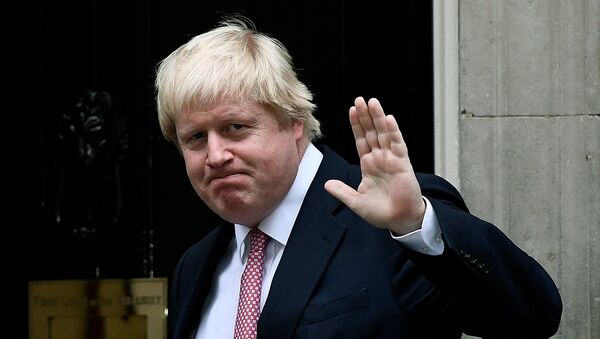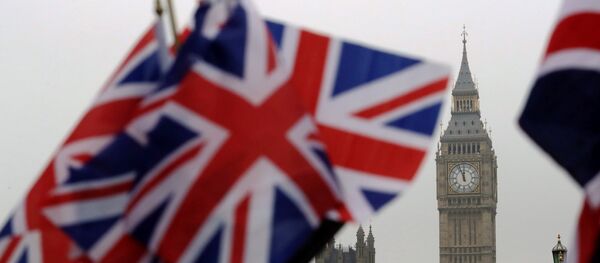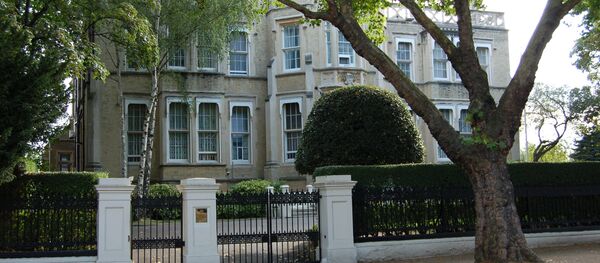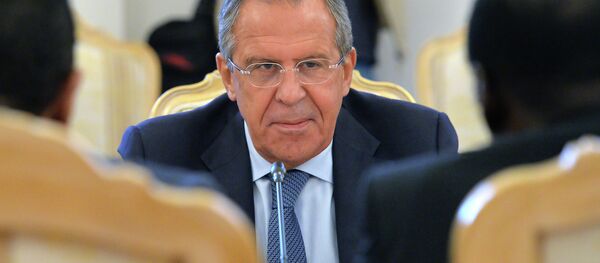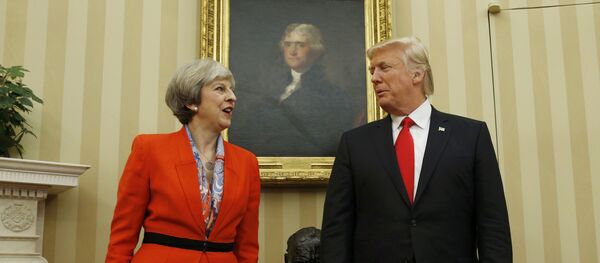"Point number one is to get that message across to the Russians. They've got to change, they've got to show that they could be trusted again. It is very, very important. But it is also important to stress that we are not in a new cold war with Russia. Neither the United Kingdom, nor our friends in the rest of the European Union, nor in Washington has any appetite for a new cold war," Johnson commented on the agenda of his upcoming trip.
This remark was especially notable taking into account the fact that former Prime Minister David Cameron made a series of harsh statements on Russia. In particular, commenting on the results of the Brexit vote, he said that the Russian government and Daesh "might be happy."
"It is our view that Bashar al-Assad should go, it’s been our longstanding position. But we are open-minded about how that happens and the timescale on which that happens," Johnson said.
Dialogue With Russia on the Agenda
The report contained recommendations for British diplomats on relations with Russia.
London should "clarify what the UK wants to achieve in its bilateral engagement with Russia. This should involve dialogue on specific issues, such as counter-terrorism, cybersecurity or aviation security, in order to establish both points of agreement and points of difference," the document read.
In addition, the report called to significantly improve British diplomats’ knowledge of Russia.
"This should involve engaging with think-tanks and universities that study Russia, recruiting and training FCO [Foreign & Commonwealth Office] Russia specialists and developing Russian language skills," the document read.
No Business as Usual
Russian President Vladimir Putin met British Prime Minister Theresa May in September during the G20 summit in China. The talks focused on security issues and terrorism and very productive to a certain extent. At the same time, the sides pointed to a downward trend in trade and investment relations.
As a result of the meeting, a British government spokesperson said that "it could not be business as usual" but London would seek to cooperate with Russia on a number of crucial issues, especially regarding the security of the British people.
In this context, it is interesting to witness an indirect dispute between May and Johnson about Russia and a new Cold War. In January, the prime minister visited the United States and spoke before the leadership of the Republican Party.
"There is nothing inevitable about conflict between Russia and the West. And nothing unavoidable about retreating to the days of the Cold War. But we should engage with Russia from a position of strength," May said.
Meanwhile, prior to his visit to Russia, Johnson shrugged off any new Cold War talk.
Never miss a story again — sign up to our Telegram channel and we'll keep you up to speed!
